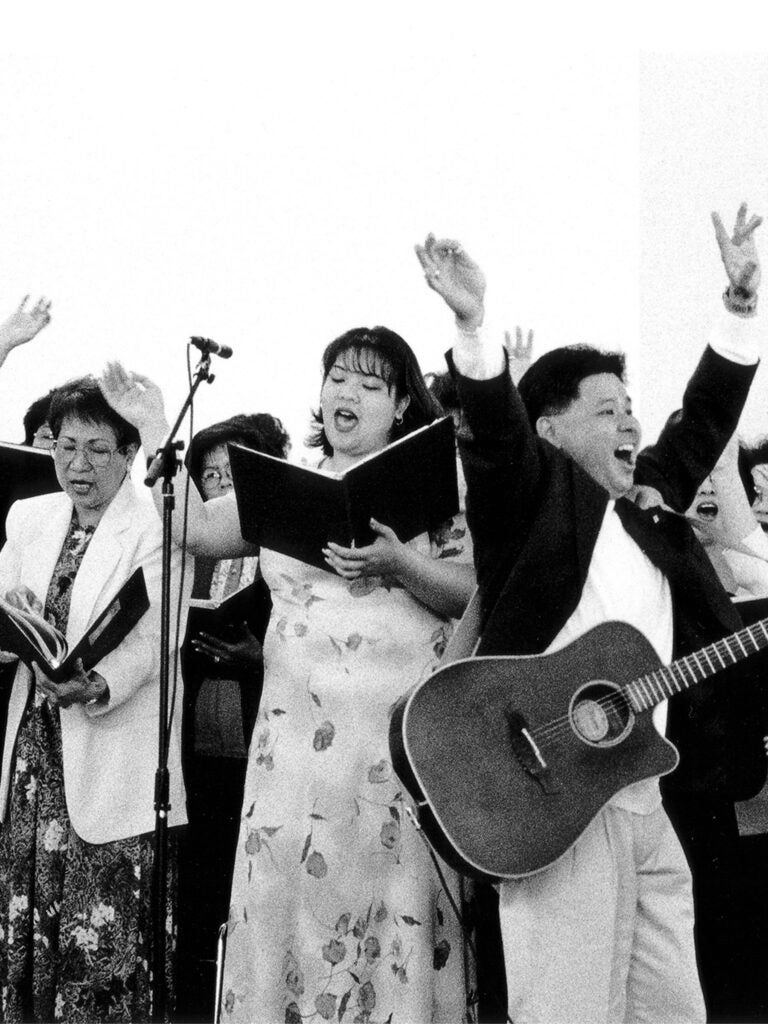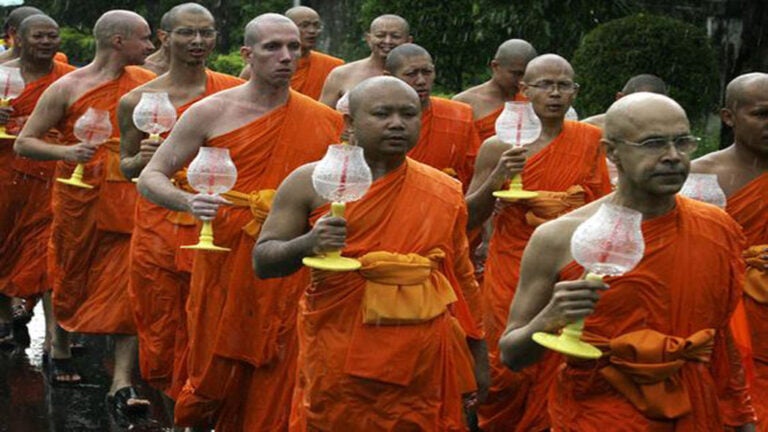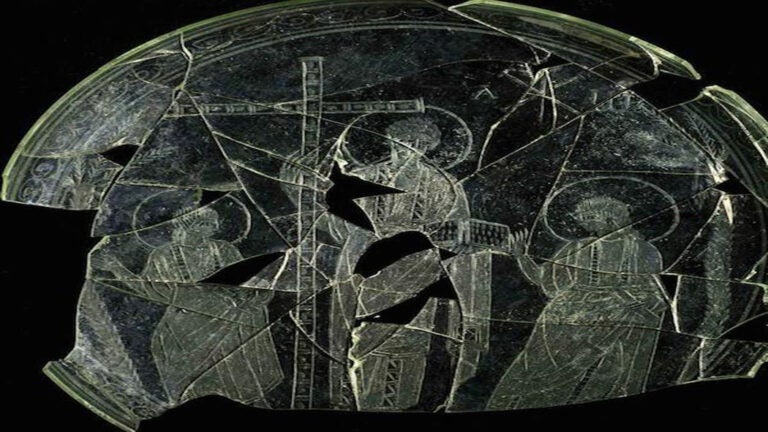
About
USC’s doctoral degree program in Religion offers instruction in methods and theories for the study of diverse religions, as well as specialized training in three areas of study:
- Asia Pacific Religions
- Christian Studies
- Global Islam
In addition to instruction within the School of Religion, we promote interdisciplinary study in related fields. Students may also take advantage of our faculty’s participation in the many research centers and institutes at USC, which sponsor lectures, seminars, and fellowships.
We support all of our doctoral degree students with five-year funding packages. Students in our program gain professional training and mentoring aimed at employment as well as the cultivation of scholarly credentials.
Our hometown of Los Angeles offers an ideal setting for the study of religious life. L.A. is one of the most religiously diverse cities in the world and features a splendid variety of museums, archives, and specialized libraries with resources for the study of multiple faith traditions.
Download the flyer
The Doctoral Degree program begins with seminars introducing students to Religious Studies and intensive study within each student’s chosen track. Students who require additional language training should complete it in the first few years of degree work. Typically, students proceed to qualifying examinations before the end of their third year in the program. After they propose and defend a dissertation prospectus, they spend approximately two years researching and writing the dissertation.
Requirements for the Degree
- 64 units of course work (including units of previous graduate work for which credit may be allowed.)
- REL 500, 592, 593
- Successful completion of qualifying examinations
- REL 794 Doctoral Dissertation (4 units required, may take up to 8 units for credit)
- Courses required for selected track of study
No more than two language courses at the 400-level and no more than two non-language courses at the 400-level (ie. 16 units.) Period of residency is contingent upon the background and preparation of the student.
In addition to the mandatory courses, students are expected to take elective courses in areas that will support their dissertation work in the School of Religion or in related departments across the university (these should be selected in consultation with the primary advisor.) Relevant outside departments and programs may include, but are not limited to: American Studies and Ethnicity, Anthropology, Art History, Classics, East Asian Languages and Cultures, History, International Affairs, Middle Eastern Studies, and Sociology.
Students may take up to two 400-level courses for credit toward the PhD degree pending approval of their primary advisor.
Language Requirements
Each track determines its own language requirements. Students are expected to be capable of conducting research in their primary research language(s) by the time of admission. Some work in additional relevant languages may also be required. For more information, consult the requirements of specific tracks with the program.
PhD Learning Objectives – click here
PhD Tracks
Asia Pacific Religions
Trains students in the foundational texts, histories, worldviews, socio-political and cultural impact of religions in the pre-modern and modern Asia Pacific. These religious traditions include Hinduism, Buddhism, and other religious movements in the region as well as their global manifestations.
Mandatory courses for students in the Asia Pacific Religions track include REL 545, 645, and a one course from the 652/653/654/655 series.
Christian Studies
Trains students in the vast global range of historical and contemporary Christian traditions often grouped together homogeneously as Christianity. Rather than focusing exclusively on textual and intellectual traditions, this track integrates the social, cultural and material dimensions of religion in its study of plural Christianities, and challenges students to frame their research in transnational and transhistorical terms as a matter of course.
Mandatory courses include REL 535, 635, and 651.
Global Islam
Trains students in the “global” dimensions of the Islamic tradition, from the traditional confines of the Middle East, Africa and South and Southeast Asia to include Islam, Islamic thought, Muslim culture and Muslim communities in the modern Western world. In addition to the acquisition of traditional skills for the study of religious texts, doctrine, and spiritual life of believers, students will learn how Muslims negotiate concrete spaces and contexts they inhabit in the modern world.
Mandatory courses for students in the Global Islam track include 525, 625, and 650.
Contact Us
Administrative Assistant II
Linda Wootton
wootton@usc.edu
Project Specialist
Johnna Tyrrell
johnnaty@usc.edu
USC School of Religion
825 Bloom Walk, ACB 130
Los Angeles, CA 90089
religion@usc.edu
Director of Undergraduate Studies
Jill Hicks-Keeton
jill.hk@usc.edu
Director of Graduate Studies
Cavan Concannon
concanno@usc.edu


